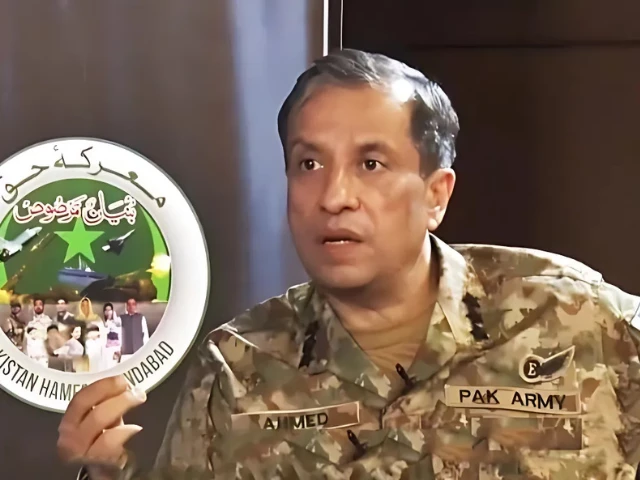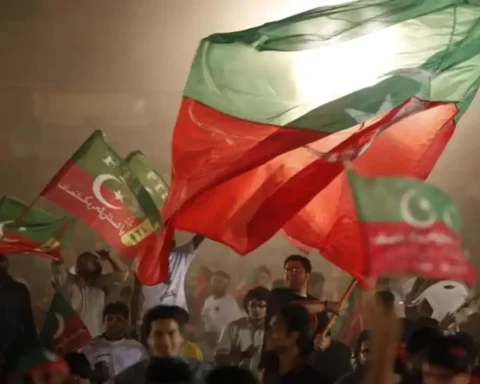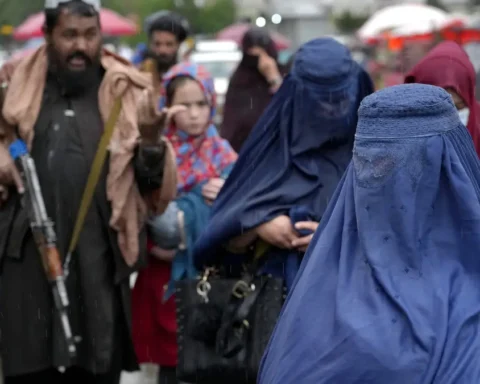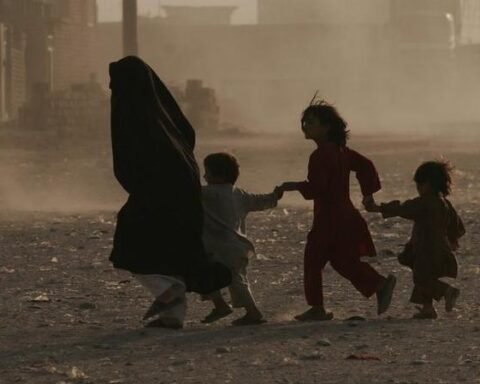
Pakistan Issues Stark Warning to India Over Water Warfare Threat
Key Developments:
-
India’s Threat to Block Indus Waters
-
Following recent military clashes, Indian PM Narendra Modi announced plans to cut Pakistan’s share of Indus River water—a move Pakistan considers an “act of war.”
-
The Indus Waters Treaty (IWT), brokered by the World Bank in 1960, has been unilaterally suspended by India after the Pahalgam attack (which India blamed on Pakistan without evidence).
-
-
Pakistan’s Strong Response
-
DG ISPR Lt Gen Ahmed Sharif Chaudhry warned:
-
“Nobody dare stop water of Pakistan. It will trigger consequences lasting for generations.”
-
“If India weaponizes water, the world will witness a conflict fought for decades.”
-
-
Pakistan views water as an existential issue—any disruption could lead to full-scale war.
-
-
Military Escalation Recap
-
May 6-7: India conducted airstrikes inside Pakistan, killing 40+ civilians.
-
Pakistan’s Retaliation: Targeted 26 Indian military sites, downed 6 Indian jets (including Rafales & Mirage 2000s), and destroyed an S-400 system.
-
Ceasefire Brokered by US (May 10), but tensions remain high.
-
-
Kashmir: The Unresolved Flashpoint
-
DG ISPR stressed that lasting peace is impossible without resolving Kashmir.
-
“Till India sits for talks on Kashmir, conflict potential remains high.”
-
Why India’s Water Threat is Dangerous
-
The Indus River System provides 80% of Pakistan’s freshwater for agriculture, drinking, and industry.
-
If India diverts water:
-
Pakistan’s food security collapses (agriculture = 24% of GDP).
-
Mass migration, economic crisis, and potential famine could follow.
-
-
Historical Context:
-
Water disputes have nearly triggered wars before (e.g., 1965 conflict).
-
The IWT was meant to prevent this—India’s suspension undermines global water-sharing norms.
-
Pakistan’s Options if India Acts
-
Diplomatic Pressure
-
Appeal to UN, World Bank, and Islamic world to intervene.
-
-
Military Response
-
Target Indian dams (e.g., Baglihar, Kishanganga) in Kashmir.
-
Escalate asymmetrically (e.g., support for Kashmiri resistance).
-
-
Economic & Cyber Warfare
-
Disrupt trade routes, cyber-attacks on Indian infrastructure.
-
Global Implications
-
Humanitarian Crisis: 240+ million Pakistanis face water scarcity.
-
Nuclear Risk: Both nations have nuclear arsenals—water wars could spiral.
-
Precedent Set: If India violates IWT, other nations may abandon transboundary water treaties.
A Red Line for Pakistan
India’s water blockade threat is a declaration of economic warfare. Pakistan has military, diplomatic, and strategic options to retaliate—but the cost would be catastrophic for both.
The world must act now to prevent a water war—before rivers run red with conflict. 🌊⚔️
Next Steps to Watch:
-
Will China/Russia/US mediate on Indus Waters Treaty?
-
Will India back down or escalate further?
-
How will Pakistan mobilize international support?






